After the change of government in Poland, many of us were worried about the future of the Visegrad Four Group (V4). We were worried because we feared that this particular grouping in the European Union would fall apart due to ideological differences. For in Europe today, ideology often overrides not only the national interests of the member states but also the fundamental rights of citizens. Because citizens' fundamental rights, among other things, include rights related to work, security, personal safety, freedom of expression and preserving cultural values that societies have accumulated over centuries of development.
We know that the historical development of the EU countries was different, and this is also one reason why their current economic and political status and weight are different. The western half is more advanced and economically stronger in many aspects, while the eastern half, which joined the EU later, has not yet been able to catch up.
We can also see that the Brussels center prevents the latter countries from catching up with a number of measures, and is now justifying this not only with rule-of-law concerns, but also with political and ideological arguments.
The ever-increasing irrational provisions by Brussels that are harmful to the European Union as a whole - misguided green and energy policies, unenforceable agricultural rules, socially destructive migration policy destructive to societies, poor child protection, let alone the pro-war stance – of course, affect everyone in the West and the East alike. Regardless of these harmful provisions, V4 countries share common interests stemming from their geopolitical situation that compel them to cooperate and work together.
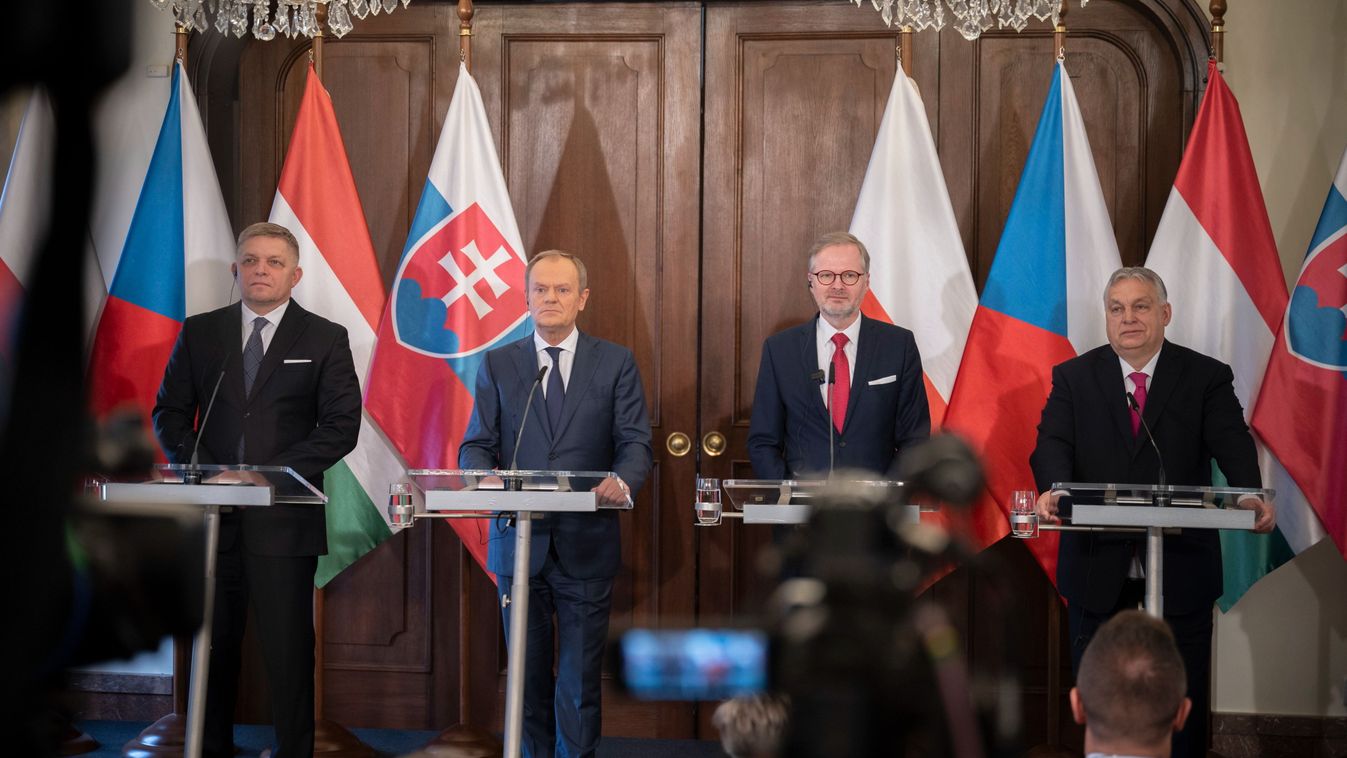

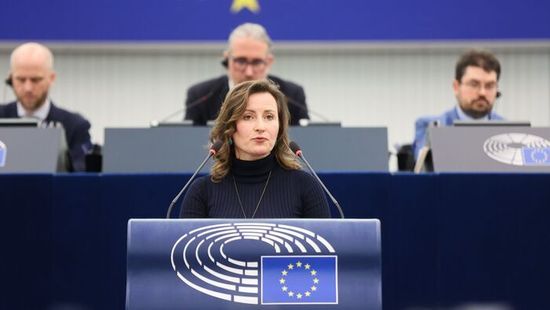
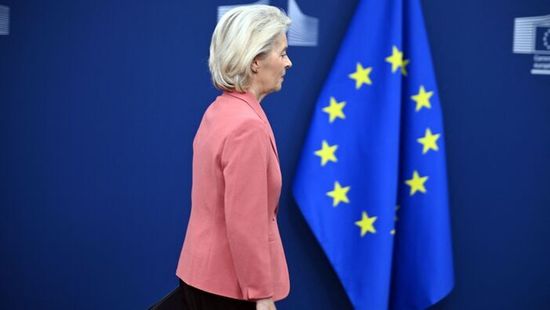
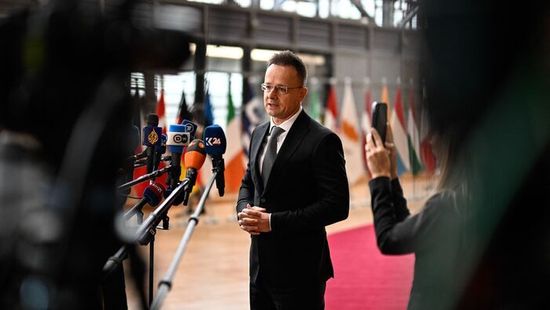


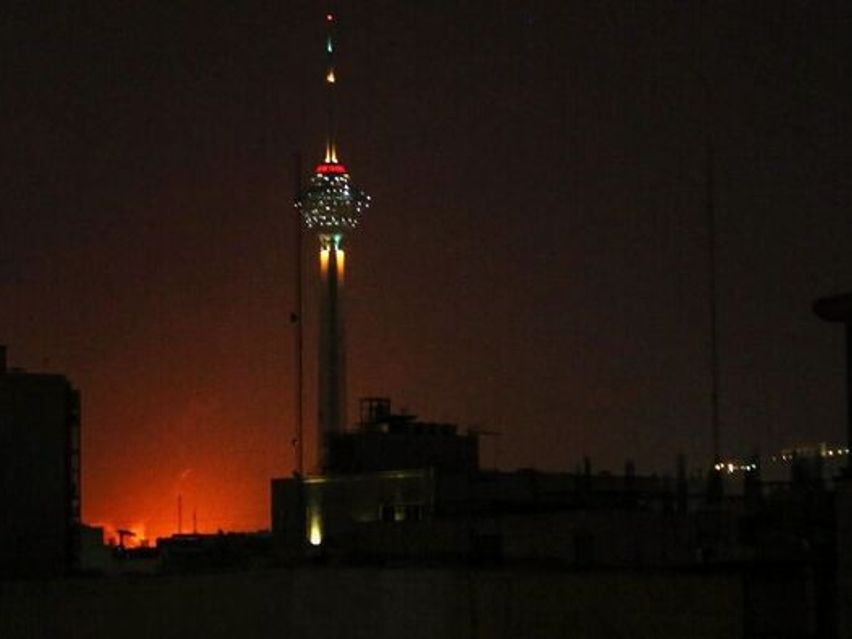



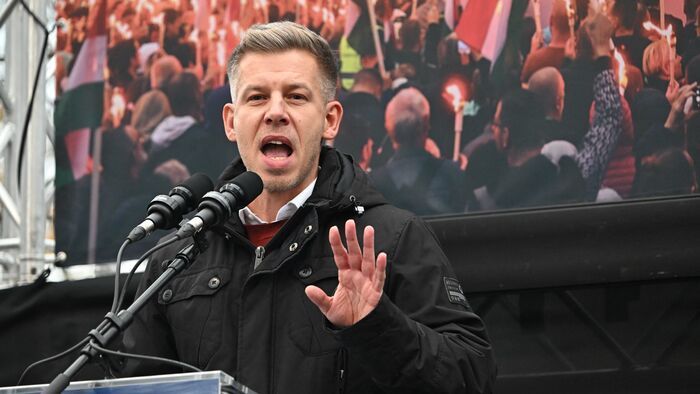
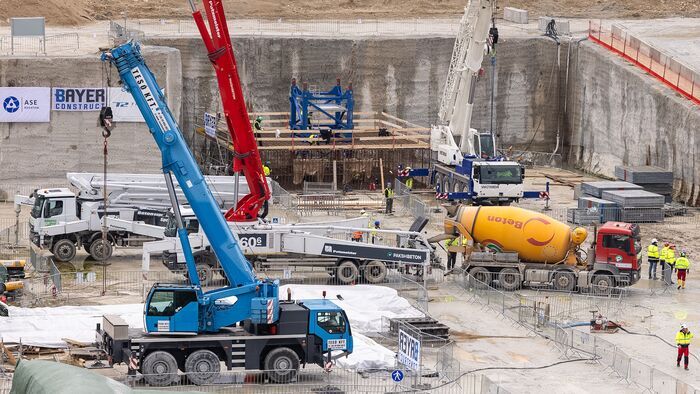

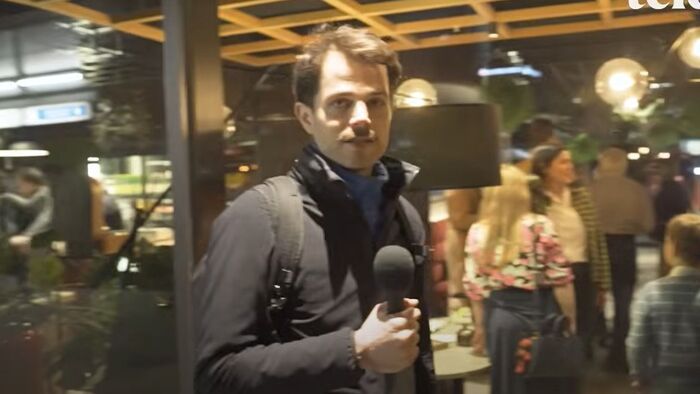

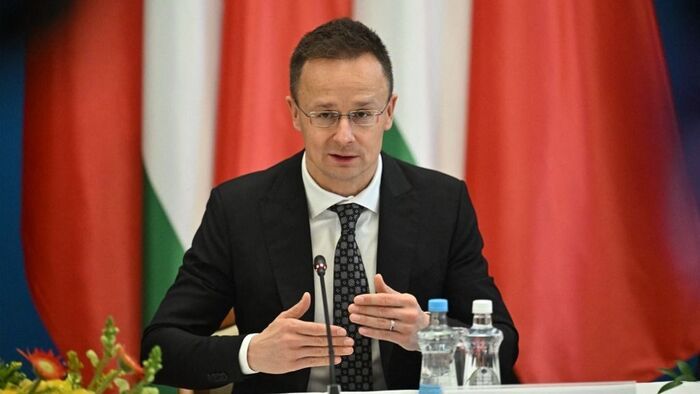
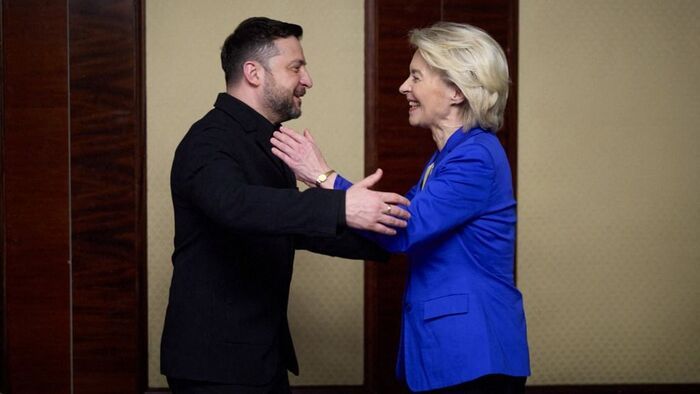


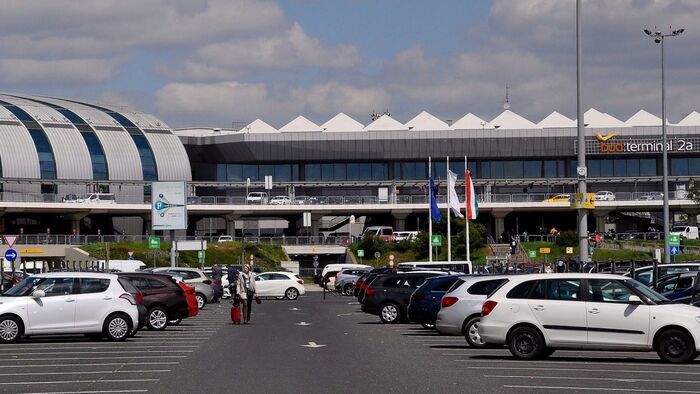
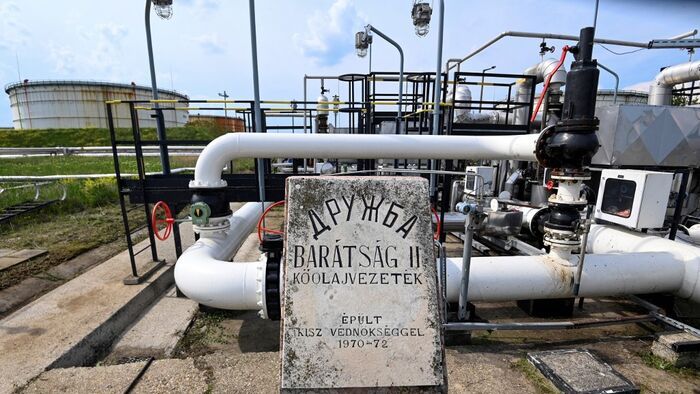

Szóljon hozzá!
Jelenleg csak a hozzászólások egy kis részét látja. Hozzászóláshoz és a további kommentek megtekintéséhez lépjen be, vagy regisztráljon!